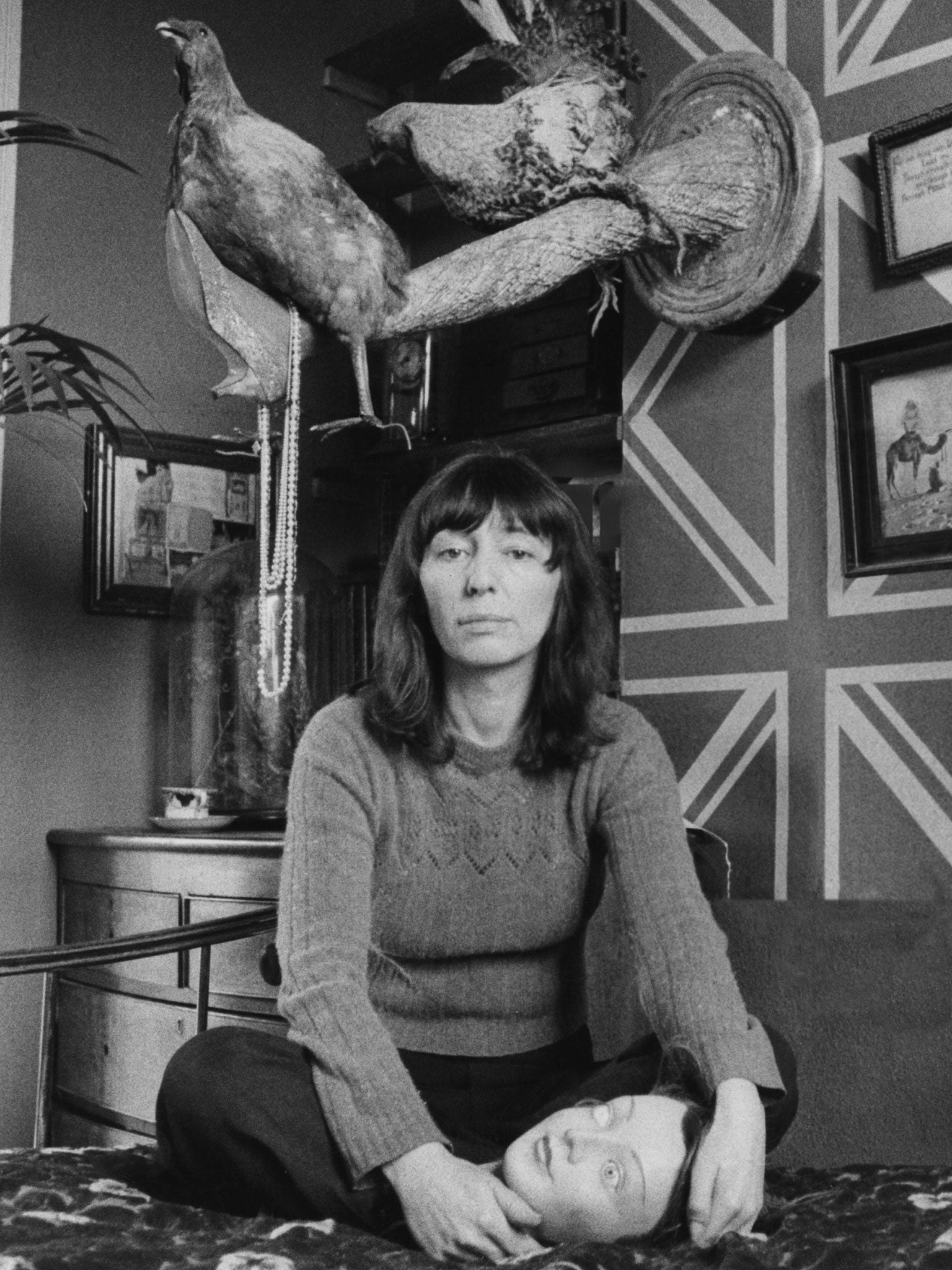Paperback review: A Quiet Life, By Beryl Bainbridge
She really doesn't care what you think

Your support helps us to tell the story
From reproductive rights to climate change to Big Tech, The Independent is on the ground when the story is developing. Whether it's investigating the financials of Elon Musk's pro-Trump PAC or producing our latest documentary, 'The A Word', which shines a light on the American women fighting for reproductive rights, we know how important it is to parse out the facts from the messaging.
At such a critical moment in US history, we need reporters on the ground. Your donation allows us to keep sending journalists to speak to both sides of the story.
The Independent is trusted by Americans across the entire political spectrum. And unlike many other quality news outlets, we choose not to lock Americans out of our reporting and analysis with paywalls. We believe quality journalism should be available to everyone, paid for by those who can afford it.
Your support makes all the difference.Late in her career, Beryl Bainbridge won acclaim for historical novels such as Every Man for Himself (1996), which depicted the sinking of the Titanic, and Master Georgie (1998), a tale of the Crimean War. But her earlier, semi-autobiographical work is perhaps more interesting: in her books of the 1970s she transformed youthful experiences into bleakly comic fiction.
A Quiet Life (1976), reissued by Virago, is a case in point. Set in a seaside town soon after the end of the Second World War, it depicts a dysfunctional family modelled closely on the author's own. The drama centres on the relationship between teenaged siblings: rebellious Madge and strait-laced Alan. Madge enjoys secret rendezvous with a German prisoner of war on a nearby beach; Alan is concerned about the damage this may cause to the family's reputation.
What's interesting here is that Bainbridge chooses to focus not on her ostensible avatar Madge (whose affair with the POW is based on a real-life romance) but on the scandalised brother. Bainbridge sensitively evokes Alan's growing awareness that "he could only hope to be an extension of his parents", trapped by the same notions of middle-class rectitude that Madge gleefully flouts. He never attains his sister's insight that what one does with one's life is "never important to anyone else".
By the end of the novel they have come to represent two different kinds of people: those who care what people think, and those who don't. Bainbridge's fiction owes its enduring sharpness and vitality to the fact that she always belonged squarely in the latter category.
Join our commenting forum
Join thought-provoking conversations, follow other Independent readers and see their replies
Comments